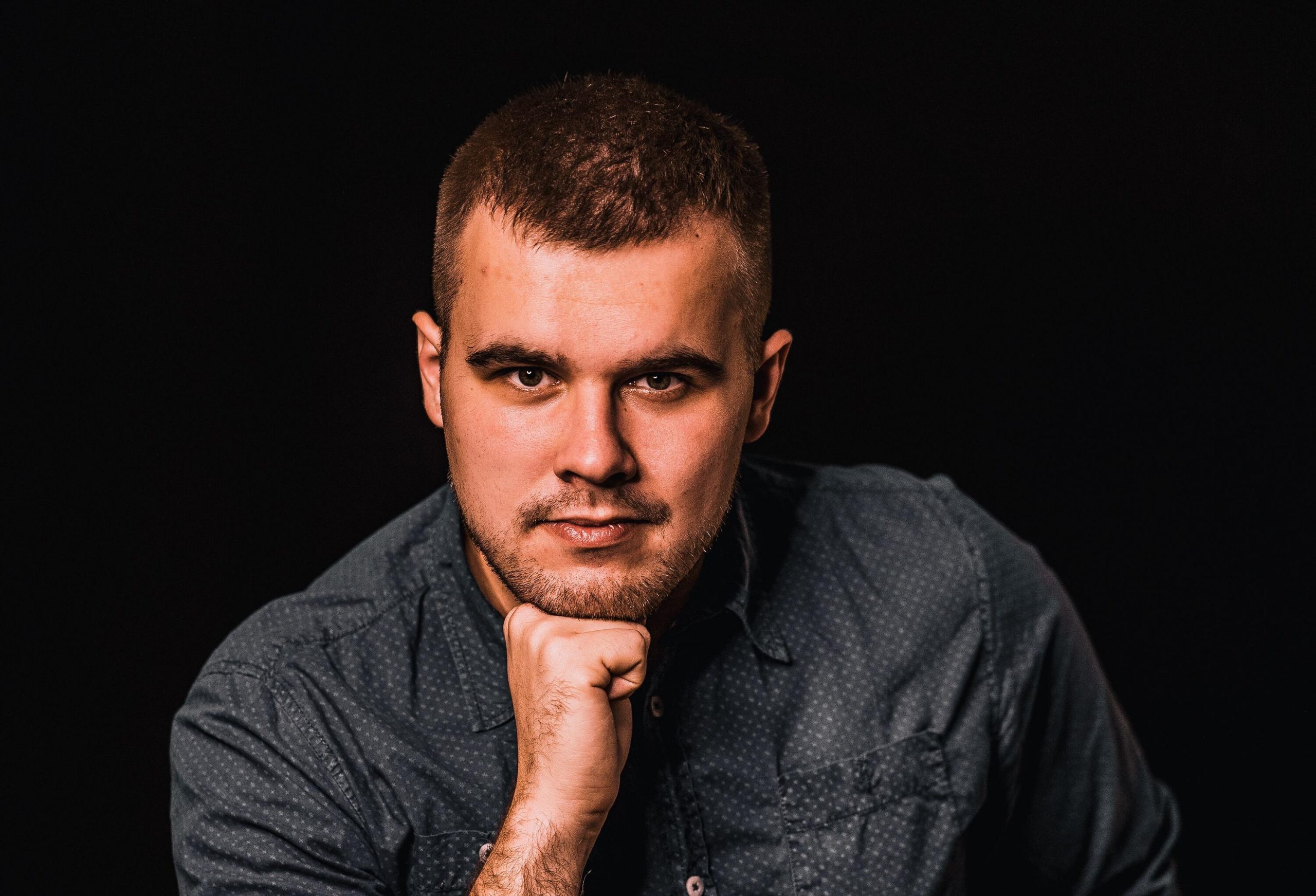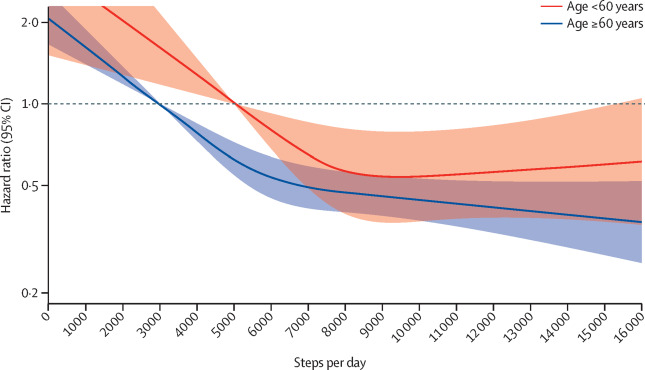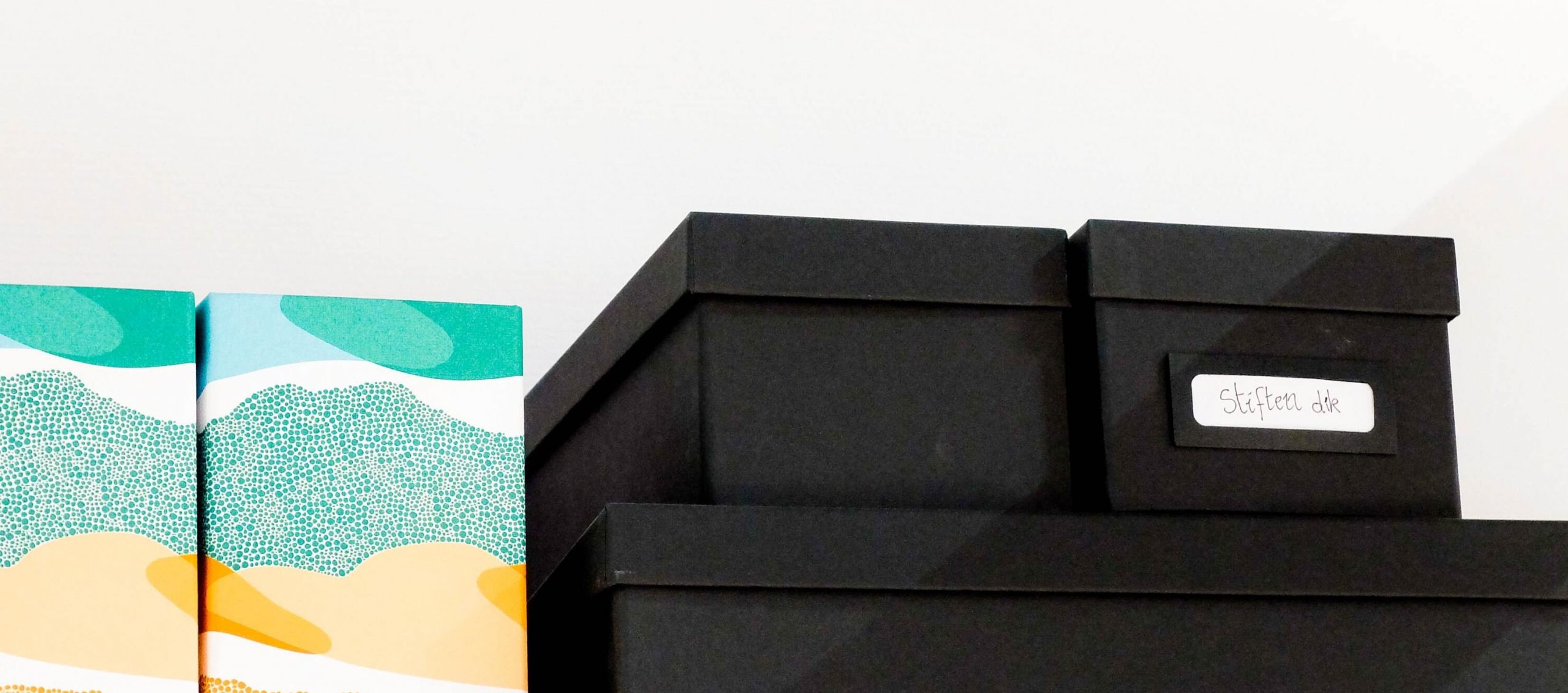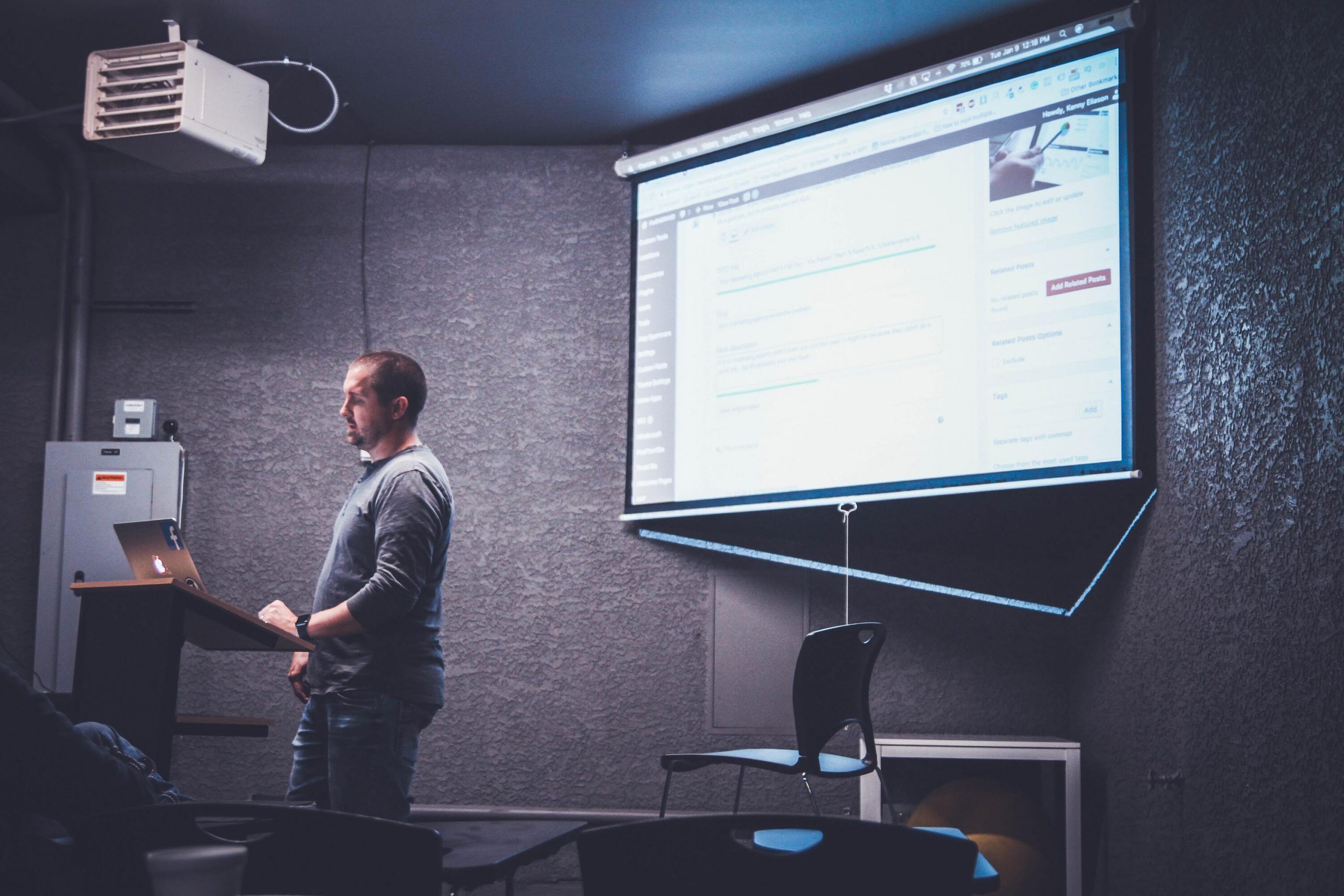Do you, like, use too many, like, filler words? Sitting in a coffee shop in New York a few weeks back, I noticed that every fifth word in New York English is “like.”
Research shows that people who use more filler words are considered less intelligent, and their arguments are considered weaker. So it’s a good idea to get rid of your filler words. Here is an exercise: Record yourself on your phone speaking on any topic for one minute. Listen to the recording and count how many filler words you use per minute. Like, uh, ah, um, er, well. If you use more than one, you should improve.
Now record yourself again for one minute, this time making an effort to simply say nothing when you need to think. Pause and think instead of just babbling a filler word. People who pause while speaking are considered more intelligent. Listen to your recording and count your filler words. Hopefully, you have fewer. Also, notice that a pause of one second – the time normally filled with a useless word – is not a problem at all for the listener.










